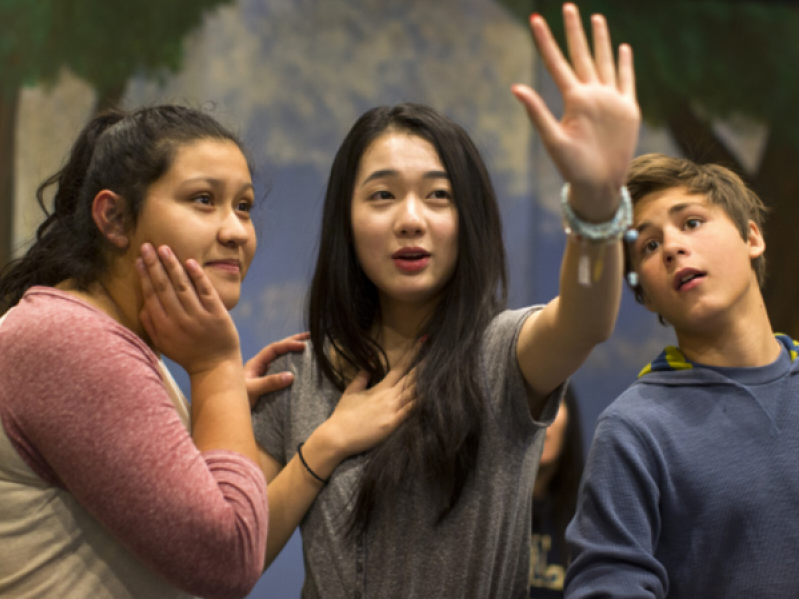
An increasing number of students from China who are attending American colleges are finding solace in Christianity. It's also clear the number of Chinese converts to Christianity among those students is growing rapidly.
More than 304,000 Chinese studied in American colleges and universities in 2015 alone, many hailing from large cities such as Beijing and Shanghai, reports Foreign Policy.
Because China is the largest secular country in the world, according to FP, young Chinese people often identify as atheists, despite that many of them may have visited a Buddhist temple to pray for good luck before exams, or celebrated traditional Chinese folklore and festivals.
Public preaching is forbidden in China, and the Communist Party-state oversees all religious matters. The state-controlled educational curriculum emphasizes patriotism and socialism, promoting a purely materialistic and scientific worldview.
"In the past few years, Chinese people's spiritual demands have surged," stated a May 2015 article in newsmagazine Southern Weekly.
On Weibo, a Chinese microblogging platform, users blame a spiritual void for many disheartening social trends.
Chinese President Xi Jinping stated in a February 2015 speech, "When people have belief, our people have hope, and our nation has power."
U.S. universities appear to be the first places that educated young Chinese are exposed to different religious ideas, and invited to consider them freely.
At some universities, Christian fellowships and churches assist Chinese student associations with pick-up services from airports and temporary housing at Christian homes before school housing becomes available. Some even take new Chinese students on trips to shopping malls or help them move into their rooms.
Recent arrivals from China make good fits with American Christian student groups, according to FP. Overseas Chinese students often stick to their own crowd; they are not Americanized like second or third generation American-born Chinese. They don't yet know America, or English, very well, and they find the alcohol drinking social scene at many campuses off-putting.
Some Chinese students are seeking places to belong, and Christian services and fellowships can help some international students adjust to American campus life by offering a tight-knit, caring group with social events, often with a religious twist. Many campus Christian fellowships offer meals during Chinese holidays, weekend trip, and English conversation groups.
A Mandarin-language Christian fellowship at Columbia University, according to FP, created a guidebook for new students with tips on navigating the Columbia library system and a complete list of Morningside Heights grocery stores, its pages decorated with Bible verses.
Gregory Jao, national director of campus engagement for InterVarsity Christian Fellowship/USA, a nationwide evangelical ministry, estimated his organization serves between 1,600 and 1,800 overseas Chinese out of a total of about 5,000 international students under its umbrella.
Valerie Althouse, chaplain at New York University for about nine years, told FP that Chinese have been the majority of those involved in the school's spiritual programming. "Part of it is language-based. It seems most Chinese greatly desire to improve [their] English, and also [their] curiosity about Americans, American Life, and even our religious beliefs and democratic system," Althouse said.







